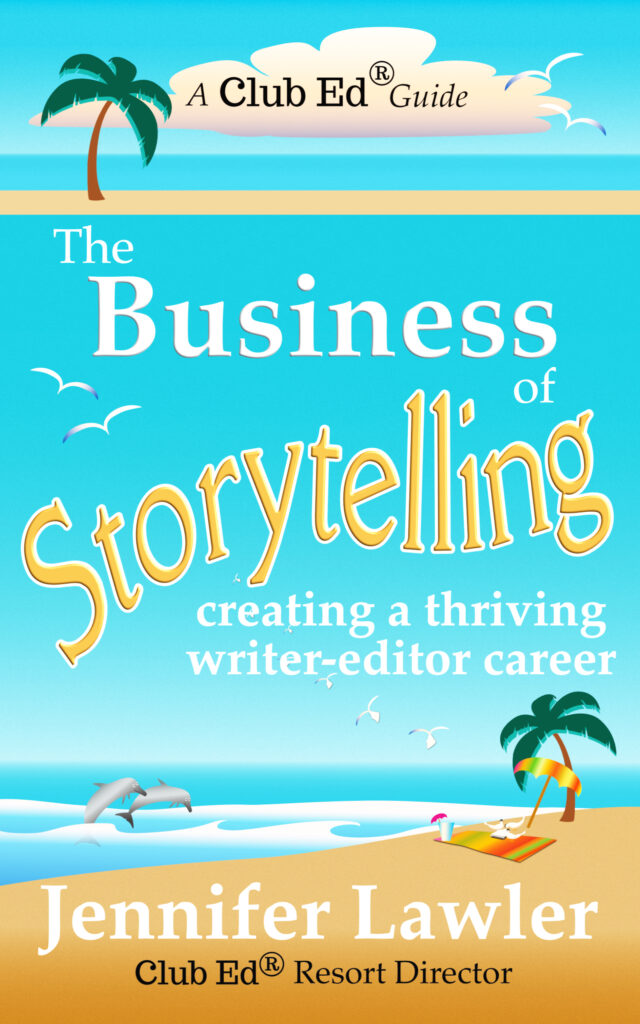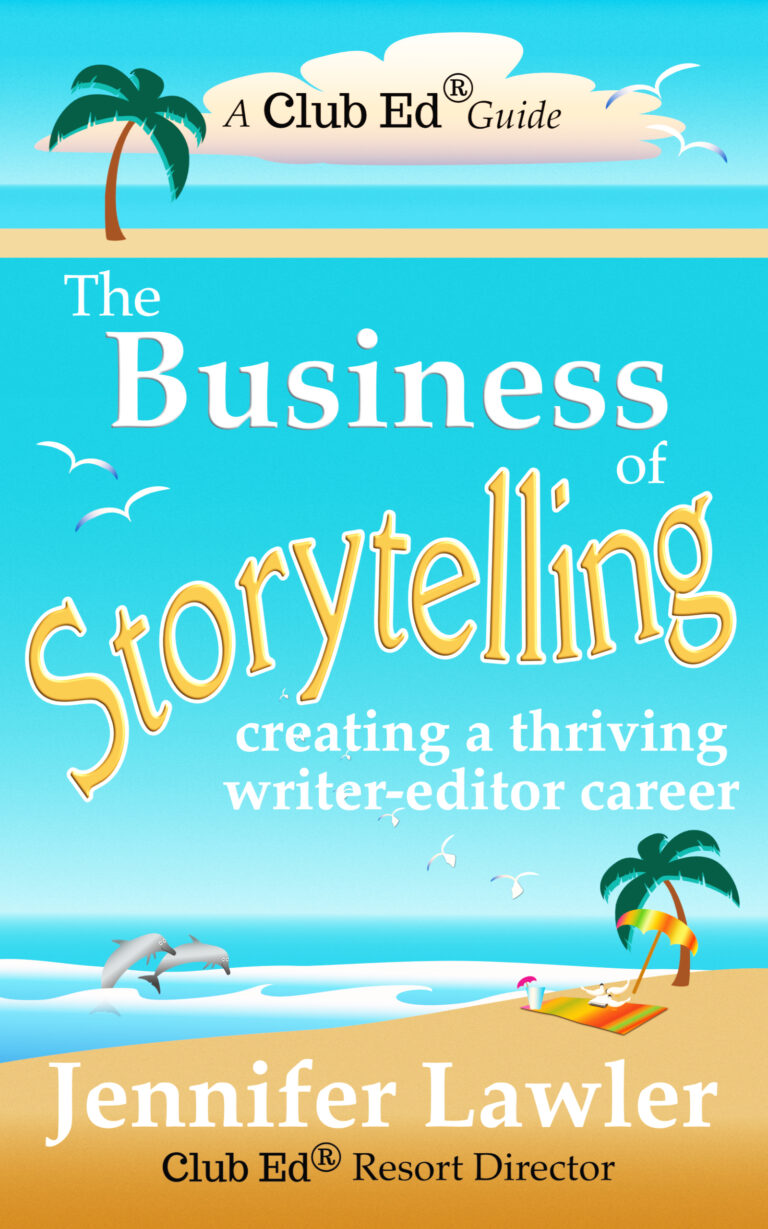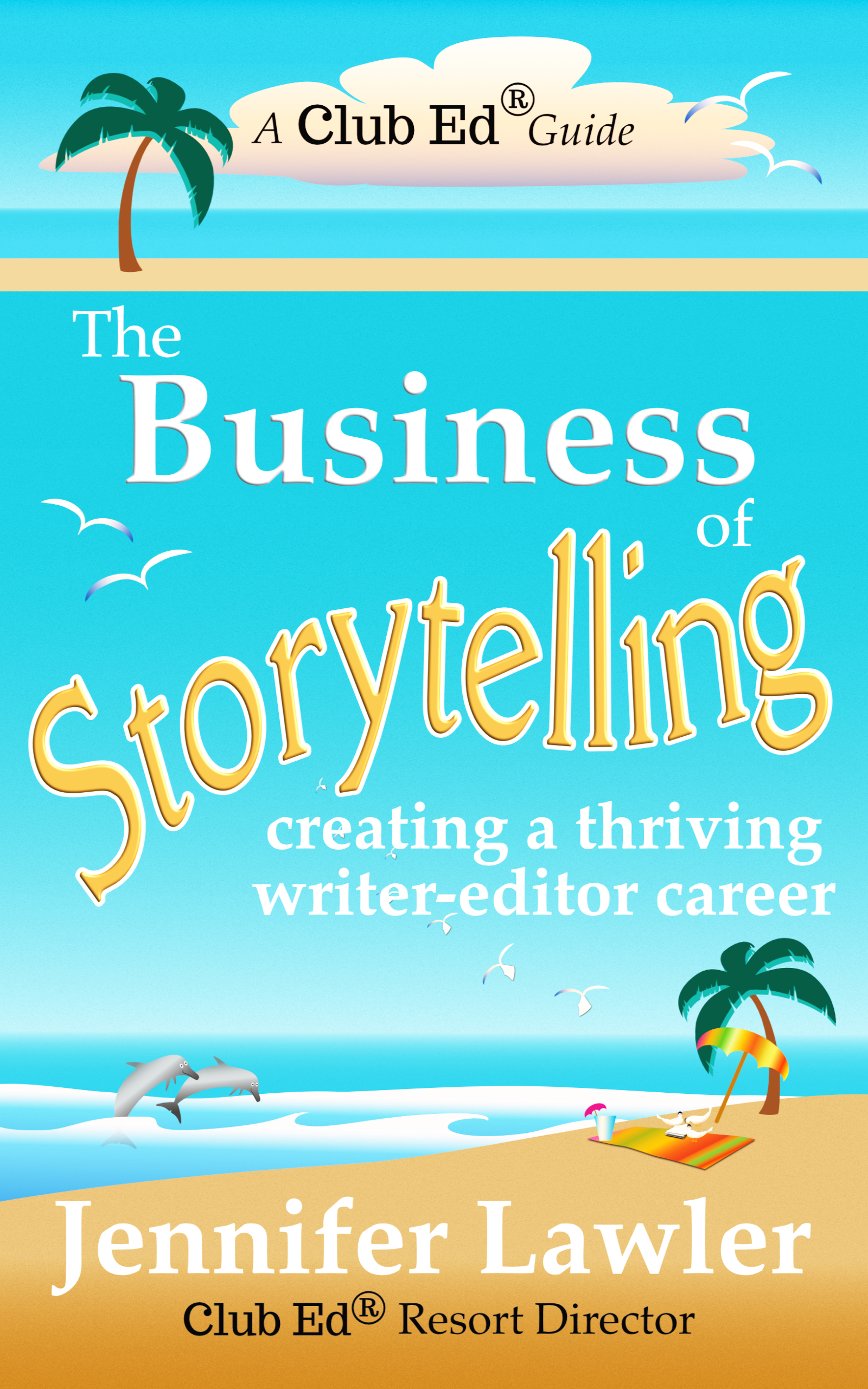The Business of Storytelling
If you’ve been in love with stories for a while, you’ve probably thought about making them the center of your working life. But if you’re also a realist, you know how unlikely it is to make a living from the stories you tell. And since you like to eat (or so I assume), you may have set that dream aside.
But I want you to take that dream off the shelf. You can make a living from your knowledge of writing—it’s just probably not in exactly the way you think.
Reaching Your Goals as a Storyteller
I don’t have to tell you that it’s hard making a living as a writer, especially if you’re more interested in creative work (such as fiction or memoir) than in writing blog content for a mattress company.
Don’t get me wrong, I’ve done my share of writing, “One reason you may want to invest in a mattress topper is . . .” over the years but it’s not what gets me out of bed every morning. If someone hadn’t been paying me, I wouldn’t have done it, no different from the clerk at the DMV who hands over your license plate.
What gets me out of bed is Lucinda, who lives in a world where gods walk along with humans; and Lois, a reluctant wizard who lives on the West Coast; and Bernie, who insists that his name is Bernard, but I never pay any attention to that . . . and a lot of others.
That’s the kind of writing I’m talking about, and that you’re probably thinking about, too, when you dream of making a living with words and stories. Maybe your stories are about your childhood, or about the time you scaled Mt Everest; maybe you write noir novels about detectives and gun molls, or sweet romances set in small towns, or thrillers that span the globe. But unless your name is Lee Child or Nora Roberts, those stories probably aren’t contributing much to your bottom line.
I’ve had my novels published by traditional publishers—some major (Simon & Schuster), some smaller (Avalon)—and I’ve self-published a handful. That’s not what pays the bills (though I certainly wouldn’t mind if it did).
Creating a Writer-Editor Career
What does pay the bills? The editing that I learned how to do precisely because I’m a writer. I’ve freelanced as an editor for traditional big publishers (like Simon & Schuster), for smaller publishers, for book packagers, and for hybrid publishers. I also do a lot of editing for indie authors (these are authors who are either self-publishing or want editorial help before they attempt to land an agent and a traditional publishing contract).
This combination of writing and editing has sustained me and my family for more than twenty years and has allowed me to pursue creative work that I wouldn’t otherwise have had the time or space to pursue. And: learning how to be a good editor has taught me how to be a better writer.
If you’re thinking about how to use your love for words to make a living, you’ll want to pick up a copy of The Business of Storytelling. This isn’t a book about how to sell more books or get a traditional publishing contract. This book is about exploring how to create a writing-editing career that will pay the bills while allowing you the time and space to write the work of your heart.
Join the Club!
New to story editing? Begin at the beginning.







